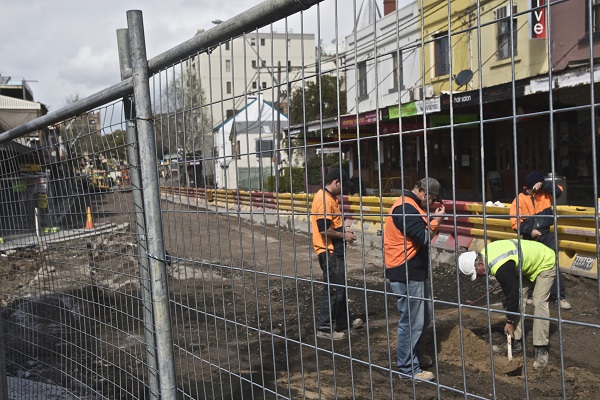From lockdown to supply chain strain – builders face new legal minefield

Image courtesy of Brian Yap on Flickr.
The building and construction industry has been battered by lockdowns. As Bartier Perry Lawyers predict, the new challenges of growing supply chain constraints mean they’re at risk of breaching contracts.
Bartier Perry partner Robert Kalde says that the eventual opening of the construction sector in Greater Sydney, and across the country, isn’t the end to challenges, it’s just the beginning.
“You can’t simply flick a switch and restart a complex construction supply chain, especially given it is already under severe strain with global shortages and prices for building materials such as steel and timber up by 50%,” he says.
“That means construction timelines and costs are blowing out and builders risk wearing the blowback.”
The feedback from builders was that developers and homeowners were for now taking a wait-and-see approach in enforcing their rights, but attitudes could quickly shift.
Delays in the supply chain caused by the effects of COVID-19 don’t automatically release contractors and sub-contractors from their obligations. Builders face the real threat of being liable under their contracts to pay liquidated damages to principals if the projects are delayed.
And clauses in contracts designed to accommodate supervening events (force majeure) may not cover the effects of COVID-19.
Bartier Perry partner Mark Glynn says builders generally engaged under fixed-price contracts meaning they faced the additional strain of also being liable for increased costs while they waited for materials to be delivered or sites to open up: “Just who will pay for a crane sitting idle on a construction site or scaffolding or extra security costs for a site could quickly become a point of heated contention between parties.
“In the 2020 lockdowns, the public battle was between retailers and landlords over who bore the financial pain out of COVID. In 2021 and into 2022, we could see that play out in the construction sector.”
To minimise the risks, Bartier Perry is advising builders and sub-contracts to:
- Talk to their clients.
- Review existing contracts to identify where and how the risk is allocated and if the effects of COVID-19 are covered.
- Make extensions of time claims in accordance with the requirements of the contracts.
- In any new contracts either ensure that risk is allocated to take account of delays up the supply chain or take that risk into account when agreeing to timing and price, and
- Schedule new work with the likelihood of shortages in mind.
